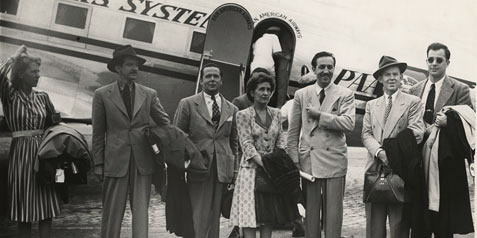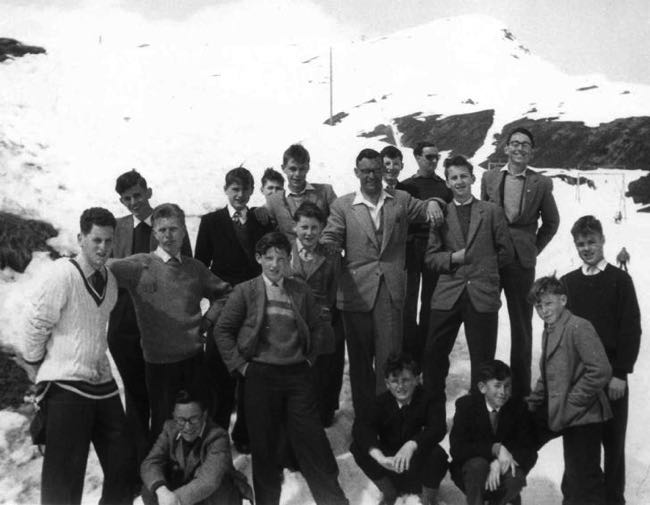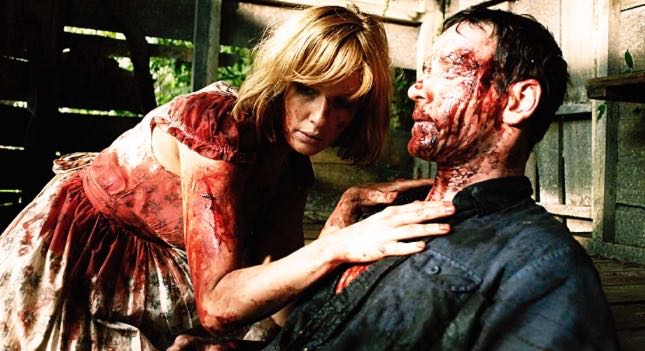RIO DE JANEIRO – Jose Eduardo Belmonte’s wry thriller “Should Nothing Else Work Out” (Se nada mais der certo), which was named best feature film at the 2008 Rio International Film Festival, is raw, urgent and riveting.
It features fine performances by Caua Reymond, Joao Miguel and Caroline Abras, who was named best actress at the festival, as a trio of reluctant and not very accomplished thieves. Each facing desperate circumstances, they take on big-time drug dealers, the police and corrupt politicians in an escalating series of drug runs and robberies.
Director Belmonte uses Frederico Ribeincher’s handheld camera work to frame a story that has real nighttime big-city grit, plenty of wit and danger mixed with compassion and a degree of optimism. The film should travel well to film festivals and art houses.
Reymond plays broke freelance journalist Leo, who is just trying to get by while taking care of his drug-addicted girlfriend Angela (Luiza Mariane) and her little boy. Marcin (Abras) is a lively but lonely urchin who works at a strip club and makes small drug runs using Winston (Miguel) as her driver.
They each owe money they cannot repay and when Marcin loses her job because of Angela’s misbehavior, they decide to team up to make a big score with unconventional results.
The acting is very good as Reymond demonstrates all the chops needed for stardom, Miguel contributes great character work and Abras creates a rich and complex character in the lost but resourceful Marcin.
The script by Belmonte and Pacca shows invention in the criminal capers with insightful and funny dialogue. When the down-on-his luck reporter is over-paid on a drug run, he’s tempted not to tell Marcin about it. “Fucking middle class,” says Winston contemptuously. Leo considers that for a second and, opting to do the right thing, sighs: “I miss my middle-class days.”
Venue: Rio de Janeiro International Film Festival, In Competition; Cast: Caua Reymond, Caroline Abras, Joao Miguel, Luiza Mariane; Director, screenwriter: Jose Eduardo Belmonte; Screenwriter: Luis Carlos Pacca; Producer: Lili Bandeira; Director of photography: Frederico Ribeincher; Music: Zepedro Gollo; Production company: Film Noise; Sales: Film Noise; Not rated; running time, 120 mins.
This review appeared in The Hollywood Reporter.












Paul Newman dies
By Ray Bennett
LONDON – One of the frequent disappointments in meeting film stars is realizing how much their charisma and star power depend on the power of the movie screen. In my experience, only a few stars retain that aura in real life – Sean Connery, Jack Nicholson, George Clooney and Omar Sharif among them – and, of course, Paul Newman, who died on Sept. 26. He was 83.
No matter how big and crowded, you always knew they were in the room.
I met Newman in New York City in 1976 when he was promoting the Robert Altman film “Buffalo Bill and the Indians, or Sitting Bull’s History Lesson” (pictured). Not ranked among the director’s top films, it remains eminently watchable for several reasons, not least Altman’s anarchic screenplay, co-written with Alan Rudolph, with its rowdy depiction of politics and show business.
Newman gives a vigorously crafty performance supported by a fine cast including Burt Lancaster, Kevin McCarthy, Harvey Keitel and Geraldine Chaplin. Tony Masters, who shared an art direction BAFTA and an Oscar nomination for “2001: A Space Odyssey,” did a wonderfully colorful job on production design. It was captured with great invention by cinematographer Paul Lohman (Emmy winner for the 1976 TV miniseries “Eleanor and Franklin”), who also shot Altman’s gambling gem “California Split” and one of his masterpieces, “Nashville.”
The press conference for “Buffalo Bill” was dominated by an hilarious performance by Pat McCormick, the 6-foot-8 thickly mustached “Tonight Show” writer and frequent Johnny Carson guest in character as President Grover Cleveland, his role in the film.
But what I recall most clearly is that Altman and Newman agreed on what they most enjoyed about making films. They both said that after writing the screenplay and spending weeks working with cast and crew on everything needed to shoot the film, they wished they could stop right there and not make the picture.
Thank goodness they didn’t do that so there’s a trove of great Newman films to treasure. He deserved an Academy Award, of course, but as so often happens, it was for the wrong performance (“The Color of Money”). I would have given it to him for at least one from “The Verdict” over Ben Kingsley for “Gandhi” or “Cool Hand Luke” over Rod Steiger for “In the Heat of the Night”.
Here’s the New York Times appreciation